France's extremist far-right jubilant as political pillars teeter after debacle
France's far-right and far-left parties have scored major gains in the first round of the presidential vote with incumbent president Emmanuel Macron poised to face Marine Le Pen in a runoff.
As the vote count continued Monday, Macron remained ahead of his far-right rival Le Pen while pollsters estimated that far-left leader Jean-Luc Melenchon would secure over 22 percent of the vote, compared to below 20 percent five years ago.
Hundreds of National Rally (Rassemblement National) party supporters erupted into cheers as TV stations announced Le Pen had again qualified for the second round with an even higher score than the 21.3 percent mark in 2017.
Le Pen addressed her supporters and urged supporters of conservative Valerie Pecresse and rival far-right candidate Eric Zemmour to rally behind her in the next round.
At the Conservative party's headquarters, supporters felt dejected as Valerie Pecresse was expected to win less than five percent of the vote compared to the 20.01 percent her predecessor Francois Fillon won five years ago.
No French president has ever won by an outright majority since 1958, except Jacques Chirac in 2002, who was the only one to be reelected. If no candidate manages to win 50 percent of the votes in the first round, the top two contenders will proceed to a runoff two weeks later, on April 24.
The cost of living was among the top issues for the French electorate this year, faced with the economic fallout of the pandemic, high energy prices, and the raging conflict in Ukraine.
Paris’ hostile policies on Islam and Muslims have also been raised during the election campaigns by all candidates, as France is home to Europe’s largest Muslim community.
“If Nicolas Sarkozy introduced Islamophobia and Francois Hollande made it acceptable to the mainstream, Macron’s term institutionalized Islamophobia,” Press TV’s correspondent in Paris said.
Macron immediately took Francois Hollande’s multi-year state of emergency and legalized it, with Muslims being the clear targets and practically the only victims.
His so-called “anti-separatist law” of 2021 tried to ban the hijab for minors and violated constitutional protections for the freedom of association, worship, and politics. It was so heavy-handed that even the United Nations and English-language media widely censured it.
Dismantling French laicite itself, the Macron government has replaced it with a new type of authoritarian, repressive management of Muslims and their religious freedom.
In October 2017, five months after Macron's ascent to power, the French parliament adopted a new law that bolstered police surveillance powers and made it easier to close mosques. Under the 2017 law, the Interior Ministry has the power to close places of worship for up to six months if there are suspicions of inciting violence.
In the months preceding the election, nearly 100 mosques were raided, with at least two dozen shut down so far.
Top Muslim NGOs and local community centers have also been exiled or closed. A new report revealed that these closures were based merely on "secretive evidence”, which implies no evidence was ever produced in court.
Furthermore, the most potent movement in recent French history, the Yellow Vest uprising looked at one point like it might bring a premature end to Macron’s presidency.
More than three years after it was smothered, its avid supporters are counting on their ballots to finish the job.
Yellow Vests staged more than 60 consecutive weeks of protests against economic hardship, mounting inequality, and a discredited political establishment.
Their protests were met with a fierce crackdown that eventually smothered the movement.
During the first months of unrest, dozens of protesters, journalists, and bystanders suffered shocking injuries – including gouged eyes and hands ripped off – as a result of rubber bullets and stun grenades used by riot police.
Political pillars teeter
With humiliating eliminations from presidential vote, the historic rightwing Republicans party joins the Socialists in risking consignment to the history books.
The blow to the Republicans was all the more devastating as the party traces its roots to Charles de Gaulle, the revered World War II Resistance hero who built the foundations of the all-powerful French presidency.
"I had to fight a battle on two fronts, between the president's party and the extremes that joined forces to divide and beat the republican right," Pecresse said after her defeat.
"We're seeing a recomposition of French political life, with this new polarity between centrists and the far right," said Gaspard Estrada, a political scientist at Sciences Po university in Paris.
"The traditional governing parties, the Socialists and Republicans, together got less than 10 percent of the votes -- that speaks volumes about France's political evolution," he told Reuters.
The challenge is even more daunting for the leftwing Socialists, whose candidate Anne Hidalgo scored just barely two percent according to projections -- below the five-percent threshold required to have campaign expenses reimbursed by the state.
"In 2017 we saw the Socialist party explode, and in this vote we're probably going to see the explosion of the Republicans," Remi Lefebvre, a political scientist at the University of Lille told the Grand Continent political journal.
The party's ranks have dwindled for decades as France's political landscape shifted to the right.
However, this shift is not limited to France. The whole Europe is seeing a surge of to the far right, marked by rising animosity toward immigrants and demonization of Muslims.
Russian court orders Google to pay staggering fine of $20 decillion
Yemeni forces carried out five operations in Haifa, targeting six ships, in one year: Report
VIDEO | US-Israeli war on West Asia
Israeli war machine fails to penetrate Lebanon despite barbaric bombardment: Houthi
VIDEO | Is West's dominance over?
VIDEO | Five Syrians killed in Israeli airstrikes on al-Qusayr near Homs
VIDEO | South African resistance leaders reflect on ways to overcome Israeli aggression
VIDEO | Press TV's news headlines


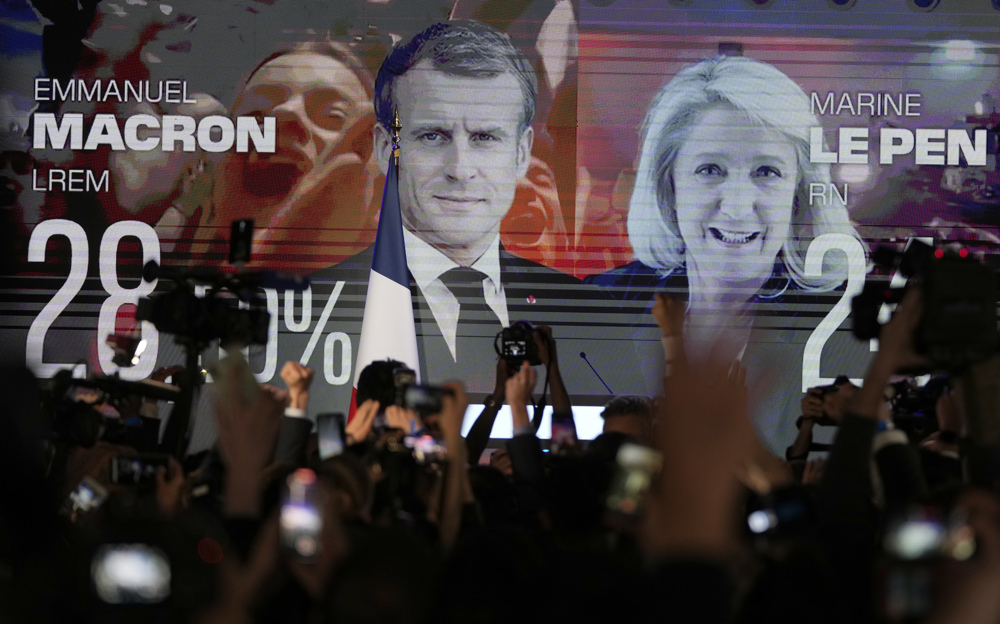
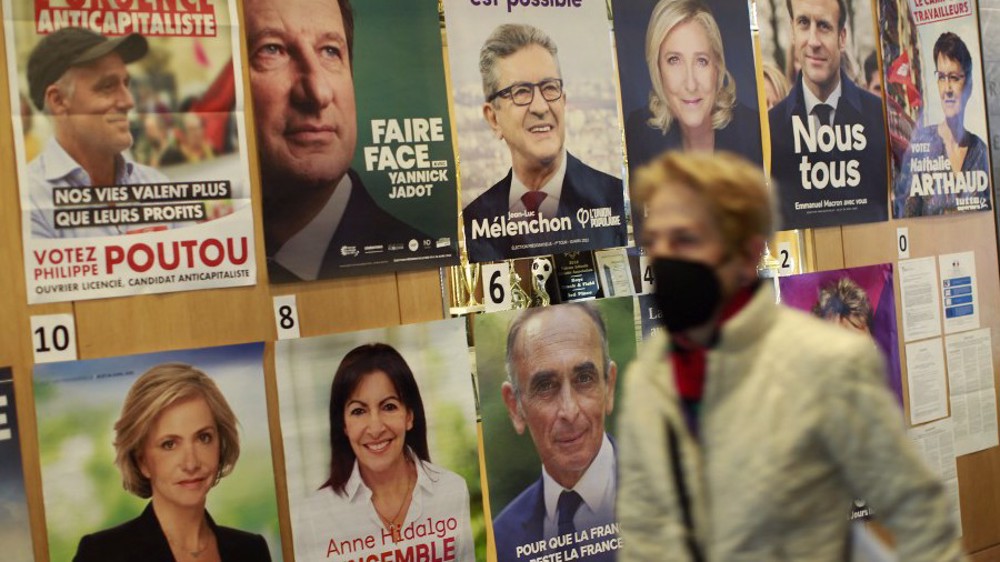

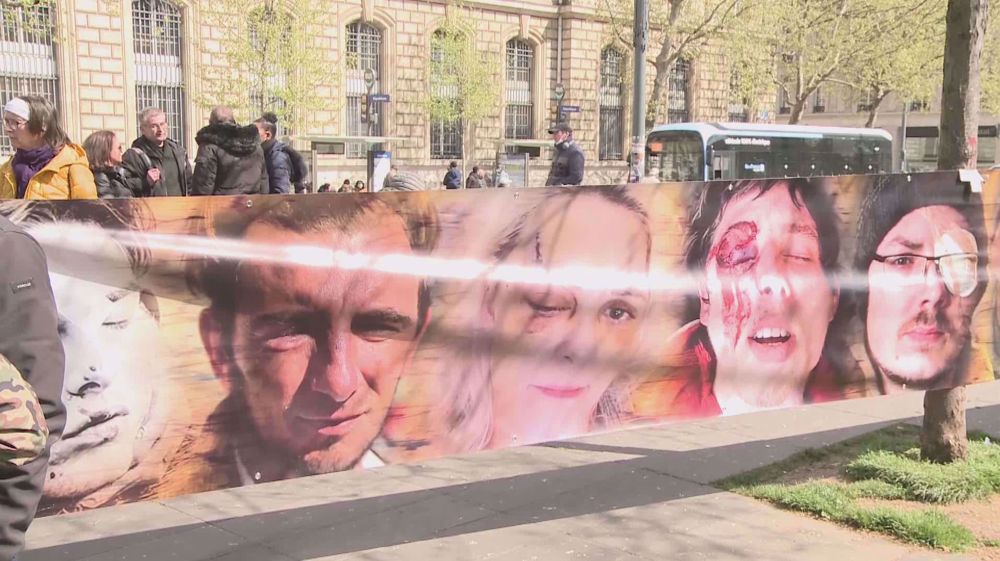
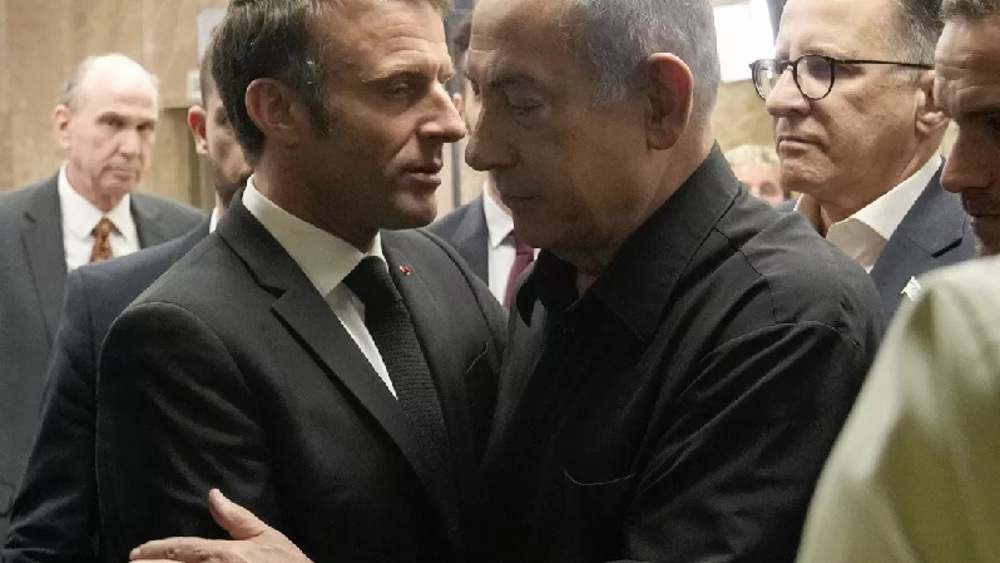

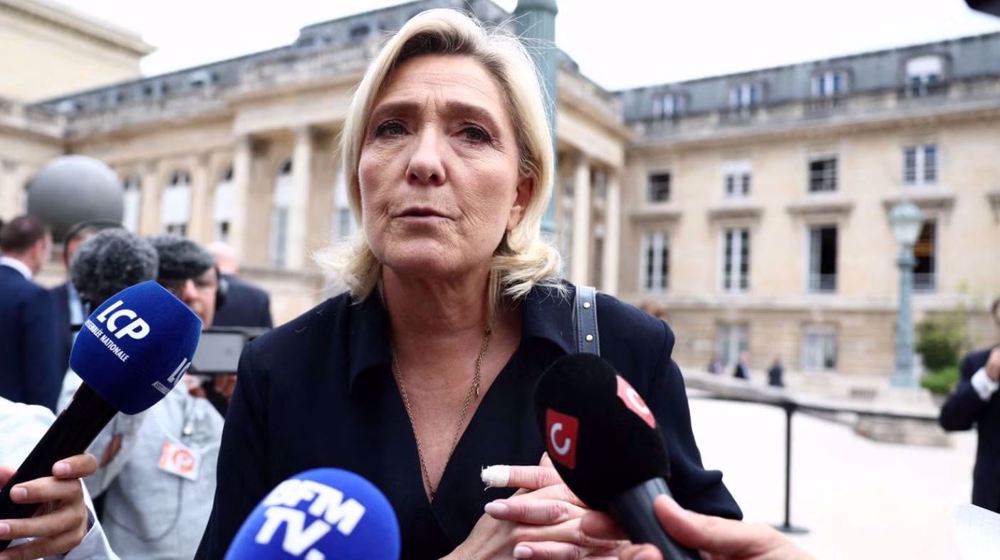



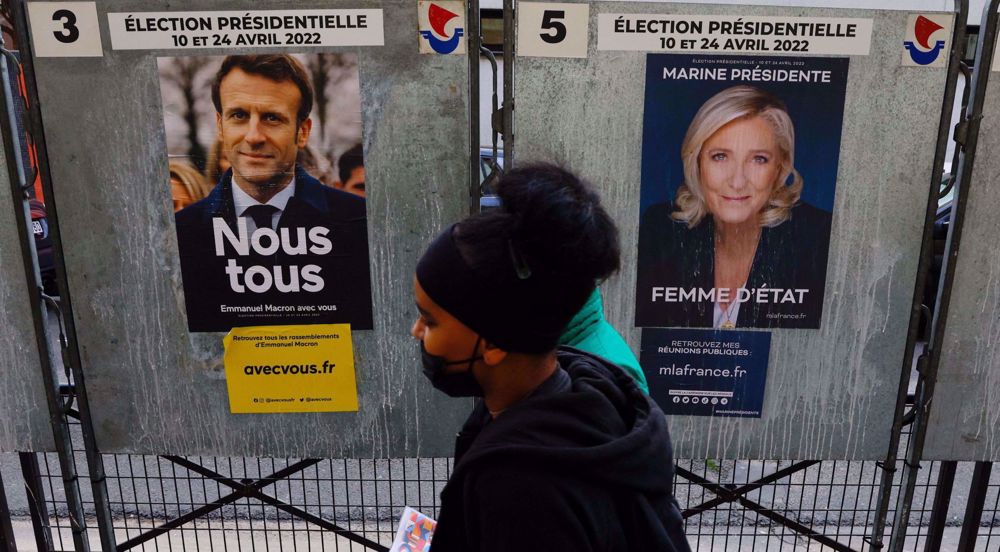
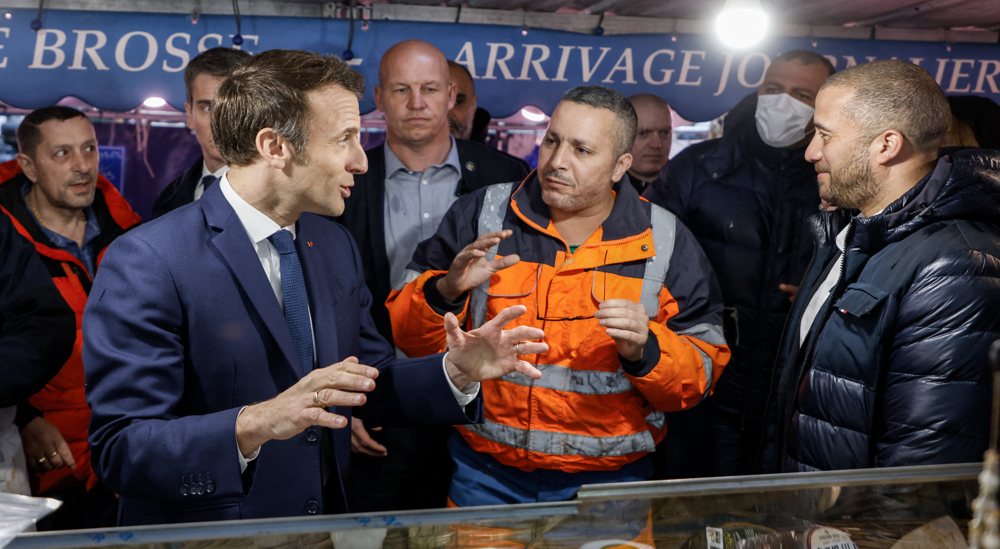
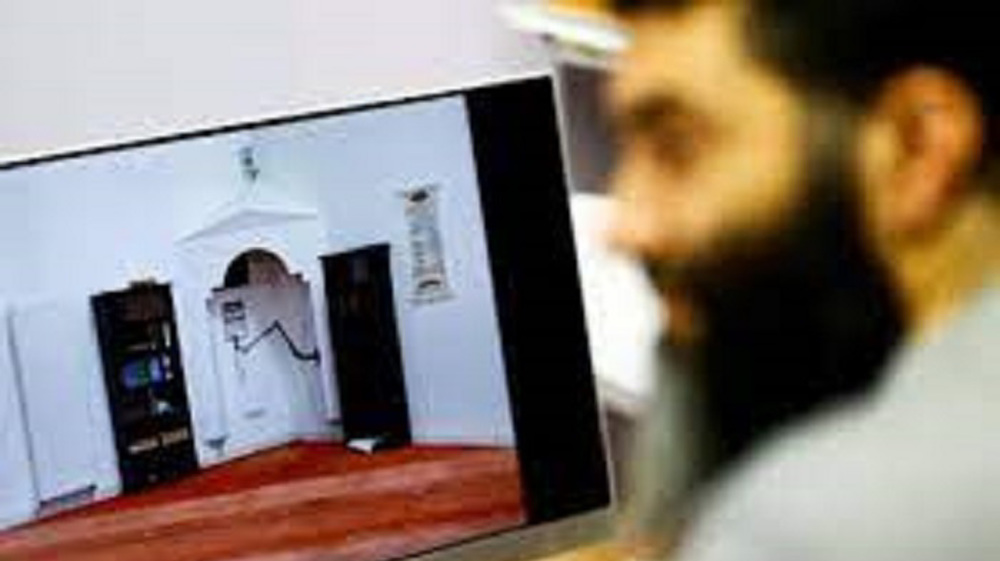
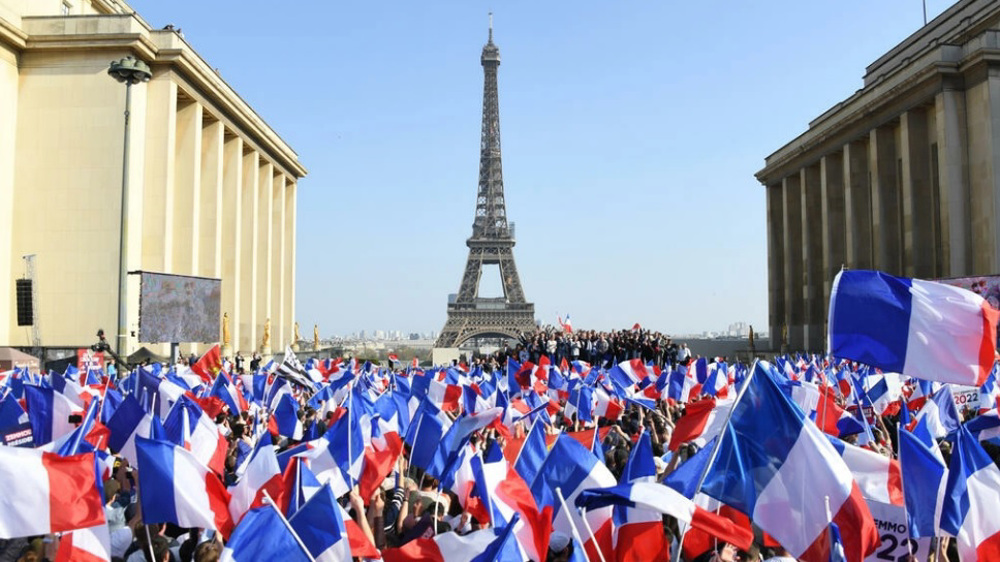
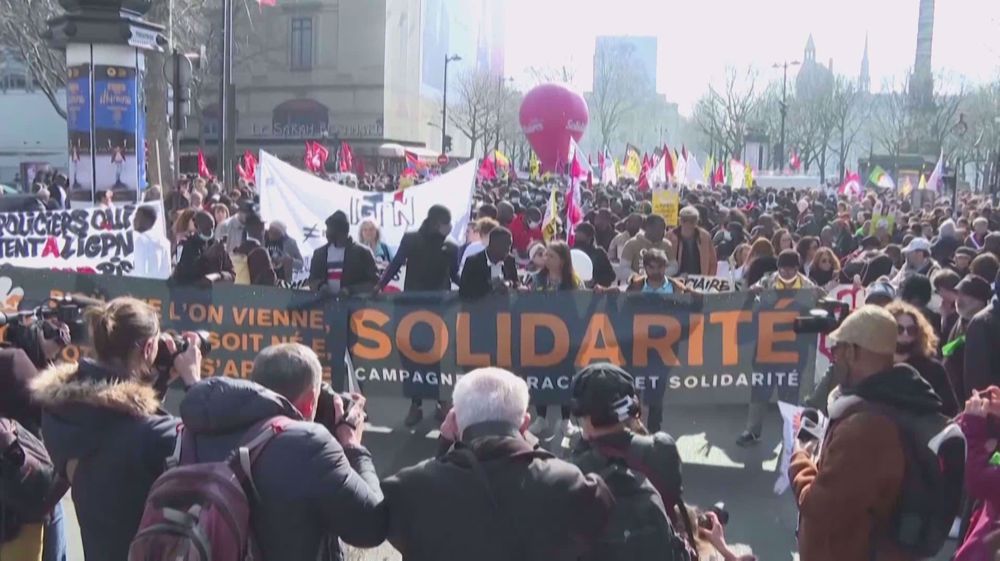

 This makes it easy to access the Press TV website
This makes it easy to access the Press TV website